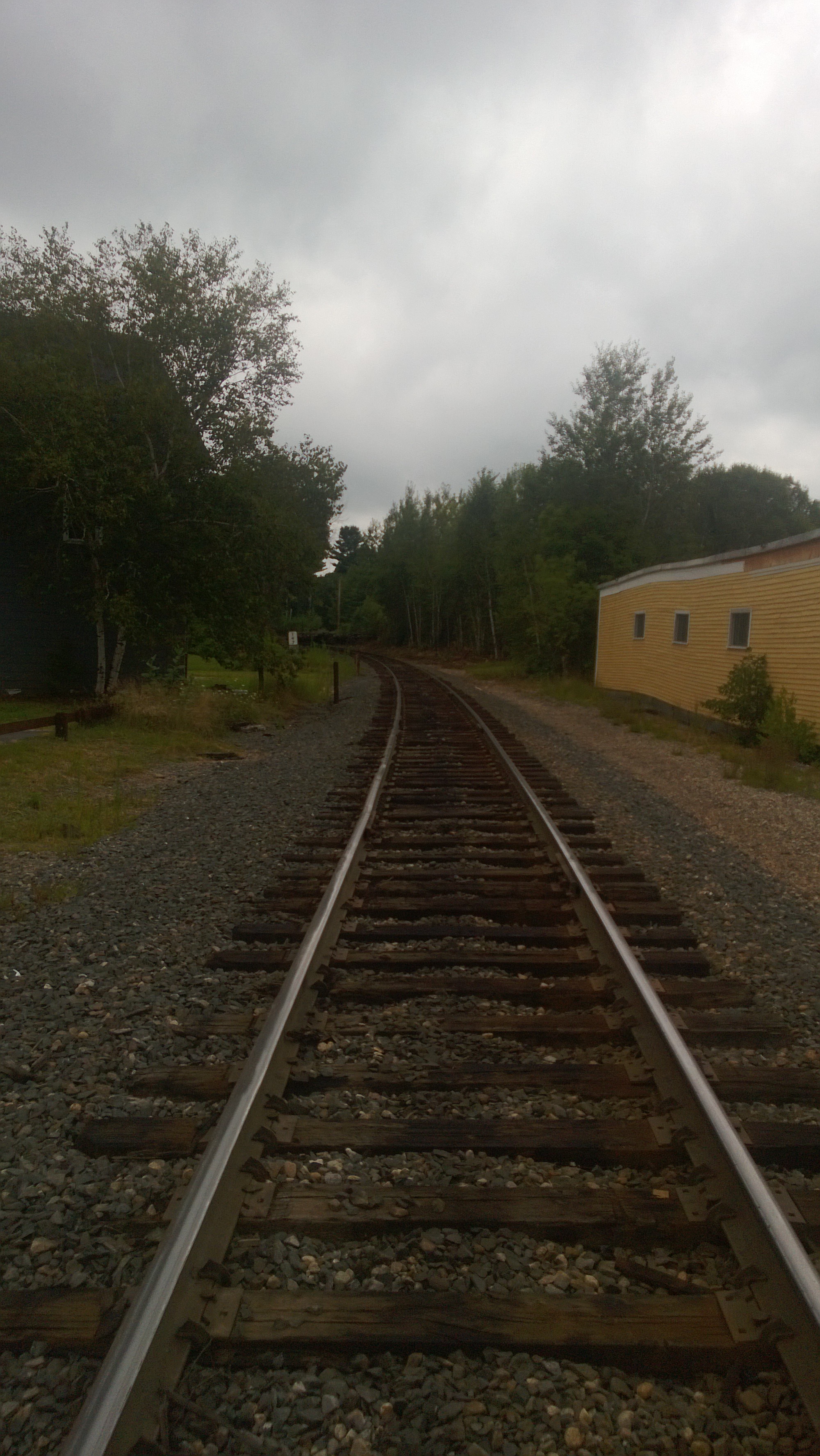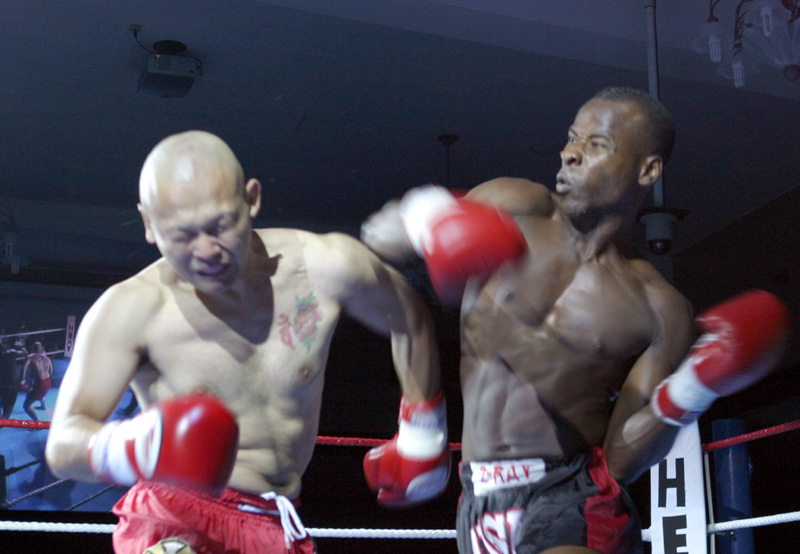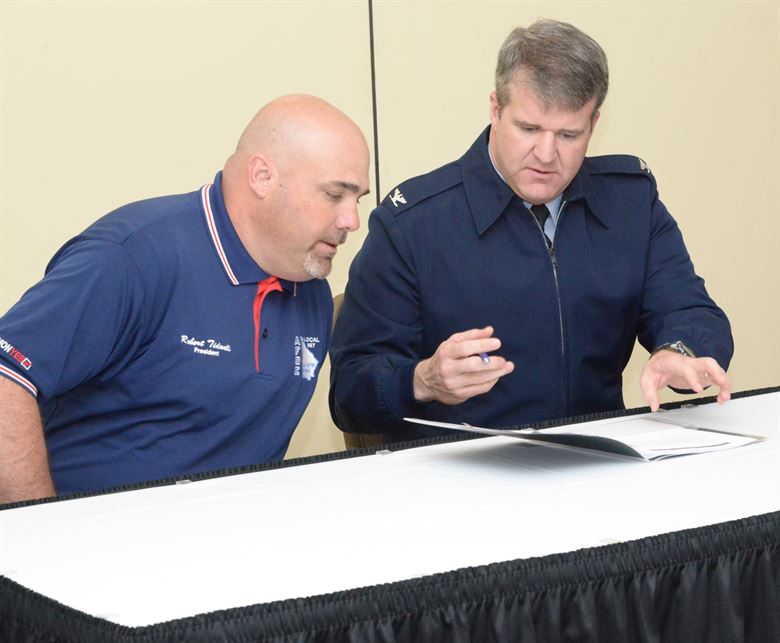Tips for handling the loss of a loved one.
Word on the street is that grief comes in waves. I can attest to this. After the loss of my mom, I was pummeled with every emotion I’ve ever felt. Learning how to cope with and navigate these feelings is a complex life challenge that most of us must endure. Below, I discuss the “stages” of grief and strategies for handling them whether at home, in public or at work.
First though, it’s important to note that these stages are not necessarily stages at all nor do they arrive in any particular order. You may go through any or all of them repeatedly. That’s the beating that causes such suffering. In the spirit of keeping things orderly, we’ll examine the stages of grief as they were written initially remembering that these stages are interchangeable and repeatable.

- “Denial”
These feelings may begin well before the loss you experience. In my case, I was already grieving watching Mom become sicker and sicker. Then from the moment of loss onward, there are dense feelings of shock and disbelief. You will be confused at times and may have trouble with decision-making. You’ll want to shut down and sleep your days away. Or you may become a bit manic trying to distract yourself from the reality of the situation by doing mindless activities or staying busy constantly. None of these approaches are wrong as they stem from our natural instincts. However, we can make this period of time easier to cope with.
One of the strangest things I noticed during this period of days to weeks after Mom’s passing was how everyone else was going about their normal lives while mine had been flipped upside-down and throttled to the point of being unrecognizable. It’s bizarre. At the grocery store, there are people picking out apples and happily strolling the aisles while I walk through a dense fog forgetting why the hell I went in there in the first place. So how can we make this stage more manageable?
Talk. Whether its family, friends or a professional . . . talk to someone. Keeping your feelings inside is the compound interest of our emotions. Those feelings will grow exponentially within you until there’s not a way to safely contain them. Then they’ll manifest in unwanted ways. In fact, holding in your emotions during this stage will put you in the speed round for the rest of the stages, and you’ll pinball between them losing shreds of sanity as you go. It’s crucial to find others who have similar experiences and talk to them. Whether it’s through grief counseling in small groups or one-on-one, it’s a highly effective method of coming to terms with what happened. After some time, the door to acceptance will be cracked open just slightly. But that’s a huge step.

2. Anger
I found anger a mere 2 weeks after my loss. Coupled with my sadness, this was some of the most intense anger I’ve ever felt. All I wanted to do was destroy something and to be honest, had I been younger, I would have. It took everything I had not to drive my forehead through my closet door one day. I just knew that I could put my forehead right through the door and I didn’t care about consequences. For a second, it didn’t concern me that I’d have to pay for the door. I wasn’t concerned about an injuries either. But you have to be. Deep within I knew better and was able to stop myself. So what to do with all that anger? Certainly don’t hold it in for long. I kept it at bay for a few minutes and went to get a hard workout done. You might be thinking, “But I don’t work out.” Fine. Go for a long walk. I mean long. It should be a minimum of one hour. It doesn’t matter where you go, just go. Take music or better yet, don’t. Just be with your thoughts.
If you are an exercise person, hit the weights. Lift heavy and go hard. That will burn the anger out of you like a fire in a haypile. Another excellent alternative is a punching bag if you have access to one. If not, go run until your legs feel gummy or you just can’t breathe anymore. The point is to expend your energy doing something positive. When you exercise, your body releases endorphins which help ease the pain allowing you do do more. At the end of a rigorous workout, the feeling of calm and relaxation you get comes from your body’s natural release of endocannabinoids. That feeling will quash your anger. At least temporarily. When it comes up again, go hit the gym again. Repeat until the anger subsides. And it will in time.

3. Bargaining
This is more like the guilt stage for me. I knew bargaining wouldn’t work. The world isn’t fair like that. So let’s be realistic. I went through the “what if they had just found the tumor during the first scan?” “How much more time would she have had?” Those thoughts should be dismissed as soon as possible. Why? Because they’re not real scenarios. The “what if” will never happen, and it only leads to feelings of guilt about why you couldn’t do more or what you could have done differently. Instead, get to the bottom of your guilt. What’s causing it? Why are you feeling it. Again, talk it out with someone. Once you understand the genesis of your feelings, you can form a plan of attack for how to handle them. If not, it’s like going into a battle with no strategy. Sun Tsu says “know your enemy,” so know it. Find the root cause of your guilt and learn how to destroy it. In this case, talking with a counselor, therapist or simply someone who has been through it before, helps you learn what to do with your guilt. Hint: Get rid of it.
Chances are you’ll have to be forgiving with yourself in order to dismiss guilt. If you’ve made a habit of not being kind to yourself, this will be a harder step, but it’s imperative in the grieving process. Try to know that you did what you could and that your best is all you can do. Also, ask yourself if the the loved one you lost wants to see you suffering with guilt? Mom would have never wanted that. So I let it go.

4. Depression
This is not necessarily the same as the depression which manifests as a mental illness though it’ll certainly feel similar. It will go away despite the feeling that it never will. It’s a reflective time, which for me is a bad thing. The more I think while depressed, the more these patterns of unpleasant memories and visuals cycle through my mind. It’s then that the loss feels so great and all-consuming that I begin to wonder what the purpose is of going on at all. What’s the point? When we are in a normal state of mind, it’s not hard to think of numerous reasons to live your life to the best of your abilities. While depressed though, the fog in your brain obscures this type of reasoning. You can’t see past your own misery to understand that recovery is imminent and that all the great things about life are still there. It’s simply going to take time to clear the air and see it all again. It’s also easy to stop caring. You may stop caring about work, friends, yourself . . . Keep in mind that this is a stage of grief that you will most definitely fall into and out of repeatedly. Counter depression by staying active. Again, moving your body does so much more than keep you physically fit. The new brain connections you make are staggering. David Linden, Ph.D., a professor of neuroscience at the Johns Hopkins University School of Medicine explains:
“The mental benefits don’t stop when you finish your run — regular cardiovascular exercise can spark growth of new blood vessels to nourish the brain. Exercise may also produce new brain cells in certain locations through a process called neurogenesis, which may lead to an overall improvement in brain performance and prevent cognitive decline. Exercise has a dramatic antidepressive effect. It blunts the brain’s response to physical and emotional stress.”

5. Acceptance
Accepting something and feeling okay about it can be vastly different. This stage is not about becoming okay with your loss. Few people ever feel fine about the loss of a loved one. This is the time to accept the change into your life. At this point, you’re learning to live with it. It’s not a one and done thing though. There will always be reminders, and you’ll have to cope (birthdays, holidays, etc.). Understanding that your new reality is permanent takes you a long way in the healing process and helps you reach a place of acceptance sooner. It requires a lot of front end grieving and sheer desolate sadness, but the payoff is coming to terms with a new paradigm much sooner thereby reducing the length of your suffering. You’ll also realize that while your future is forever changed, your past is still intact.
Think back to the waves of grief I mentioned at the start. Acceptance can begin as simply as having shorter or less frequent waves. For example, in the early stages, my grieving would come flooding in hour by hour and subside in the same way. It was an hour-to-hour proposition. As time passed, I found that grief came around for a few days then left for a few. My hope in acceptance is for those days to turn to occasional days and moments of sadness, but weeks without. Eventually this will become months and years and while you’ll never be the same or forget the sadness, it will at least leave you to your happiness more often.
So what will you change? Exercise more? Find a licensed counselor? Eat cleaner? Get eight hours of sleep? Yes. All of those will help. The physical activity helps your body which in turn boosts your mind and mood while the mental exercises such as talking to people, writing and creating will help your mind sort out what’s needed from what isn’t. It’s all about learning to cope. Acquiring new positive habits or getting back to old ones facilitates the healing we need. You may not be able to do this initially or even after a couple of months, but don’t wait too long to get started. In fact, don’t wait at all to start talking to people. I started grief counseling well before Mom passed and I still wish I’d started sooner. It’s critical that you take care of yourself during your time of grieving as well.
Finally, remember that none of your feelings are wrong. You are validated in feeling exactly how you feel after this type of traumatic experience. But take a minute to consider how you’ll act upon those feelings. Don’t bottle it up. Don’t headbutt a door. And most importantly don’t give up. You’re going to make it.








/delete-songs-in-itunes-5797aba75f9b58461f2837d1.jpg)


:format(jpeg):mode_rgb():quality(40)/discogs-images/R-9350313-1479059470-5890.jpeg.jpg)







 (courtesy of Disney)
(courtesy of Disney)